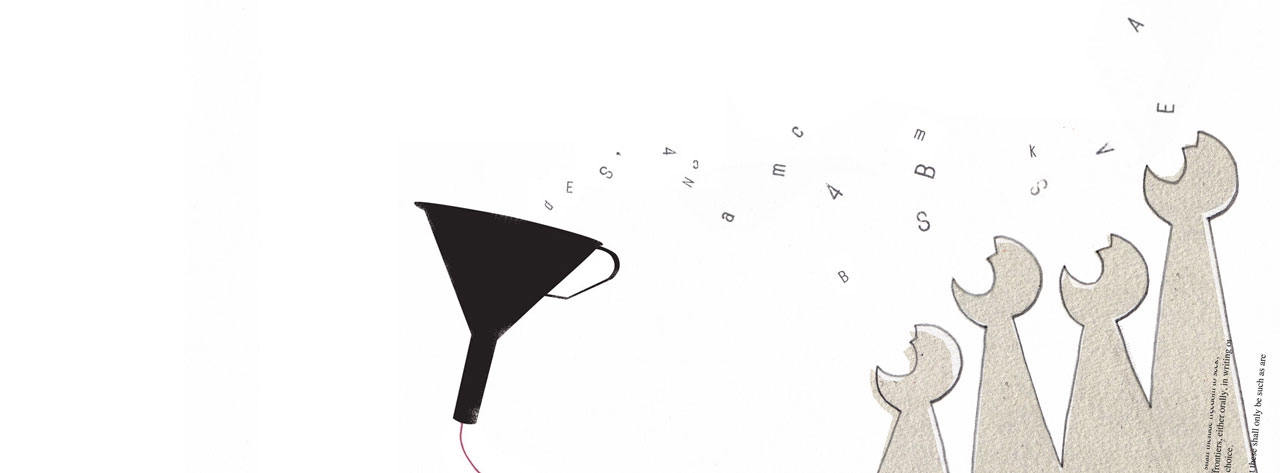| Right to be heard | Freedom of expression | Freedom of thought, conscience and religion | Freedom of association | Protection of privacy | Access to information |
What are children's civil and political rights and why are they important?
The ability to enjoy one’s civil and political rights is key to living in an open and free society. These rights belong to every human, including children. Otherwise only the views of the powerful are on display, and those holding minority views risk persecution, leaving societies stagnated in the status quo.
Dissent, as long as the expression of it does not harm others, should never be quashed; and those legitimately in power ought not be afraid of it.
Children have all their human rights. Not because they are "the future" or "the adults of tomorrow", but because they are human beings today. This means children, like all adults, must have their civil and political rights respected.
Yet so often children are not deemed worthy or responsible enough to have civil and political rights. Their rights to be heard, freedom of expression and ability to protest are denied all over the world. Taking a look at how a society views children’s civil and political rights is a good gauge of how that society views children - as rights holders or merely an extension of their parents.
Despite opposition, children are expressing themselves, and not just on matters concerning them. Pictures from protests around the world show children taking to the streets, demanding their rights and speaking out about what they want for their communities. The internet has revolutionised the way we communicate, and children are at the forefront of this new technology.
Relevant articles of the Convention on the Rights of the Child (CRC) dealing with civil and political rights:
- Right to be heard (article 12): The child has the right to express his or her opinion freely and to have that opinion taken into account in any matter or procedure affecting the child.
- Freedom of expression (article 13): The child has the right to express his or her views, obtain information, make ideas or information known, regardless of frontiers.
- Freedom of thought, conscience and religion (article 14): The State shall respect the child’s right to freedom of thought, conscience and religion, subject to appropriate parental guidance.
- Freedom of association (article 15): Children have a right to meet with others, and to join or form associations.
- Protection of privacy (article 16): Children have the right to protection from interference with privacy, family, home and correspondence, and from libel or slander.
- Access to information (article 17): The State shall ensure the accessibility to children of information and material from a diversity of sources, and it shall encourage the mass media to disseminate information which is of social and cultural benefit to the child, and take steps to protect him or her from harmful information.
Read more about freedom of expression, freedom of association, children's right to vote and access to justice for children in CRIN's submission to the Forum on Human Rights, Democracy and the Rule Law.

